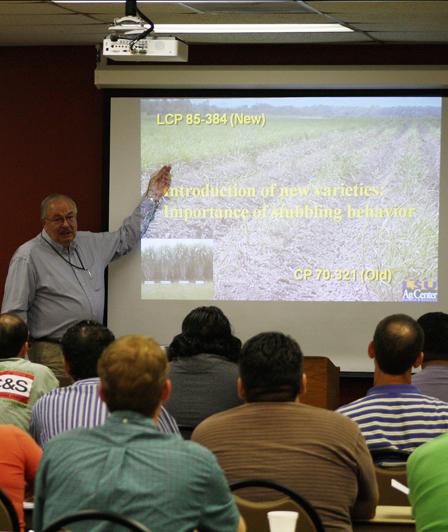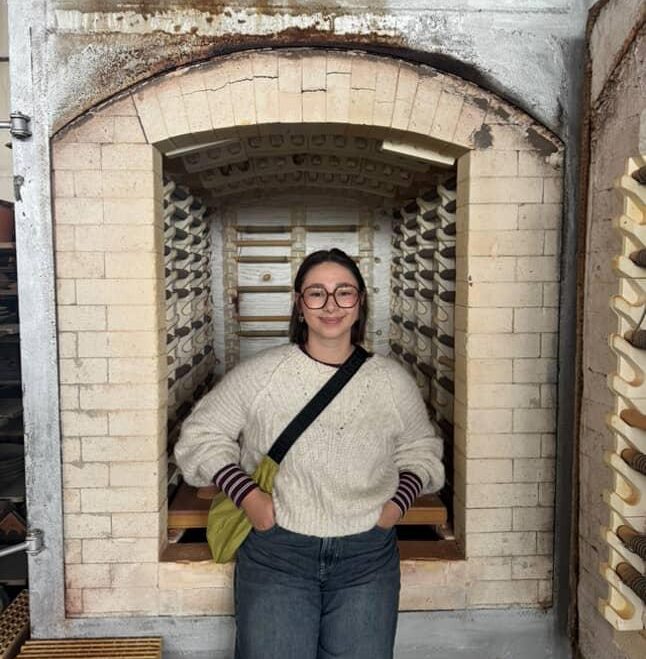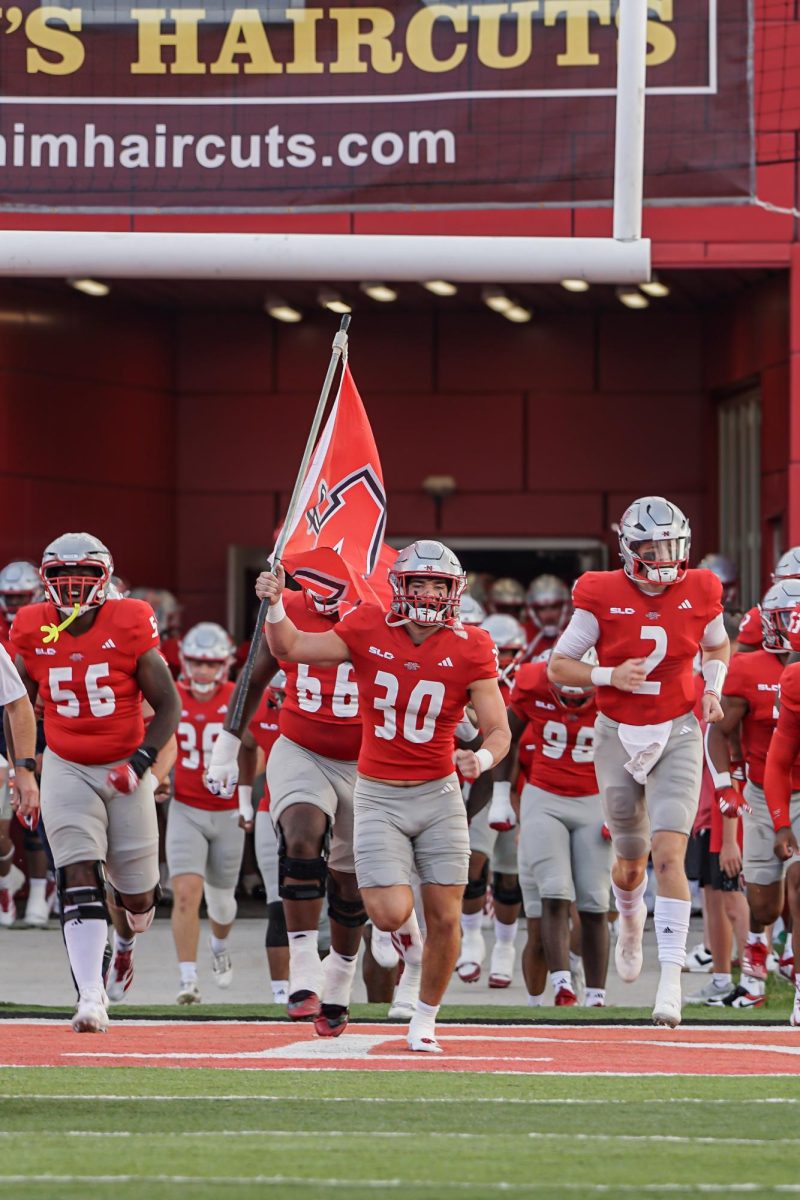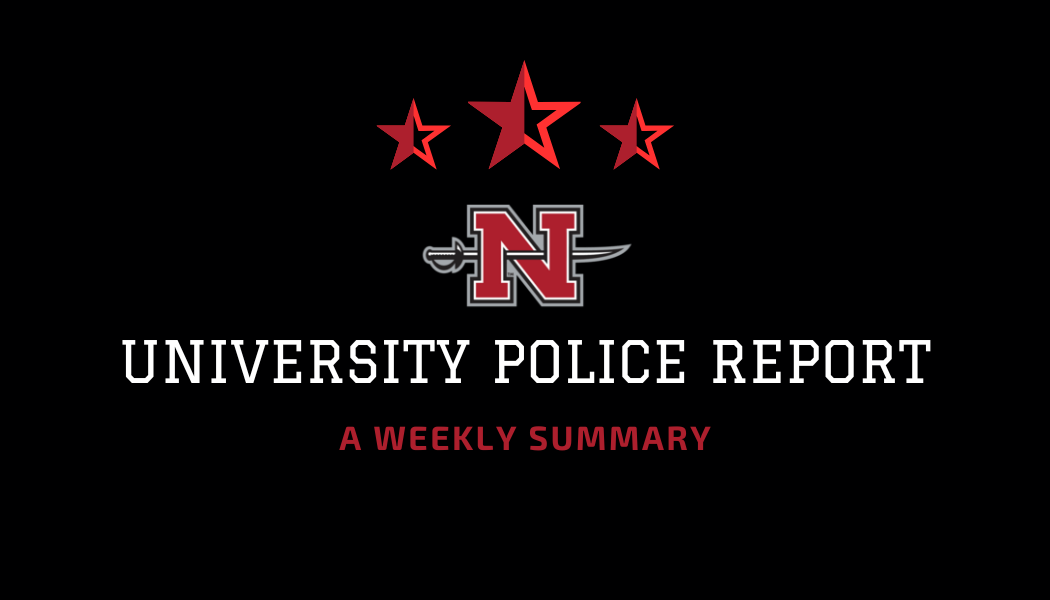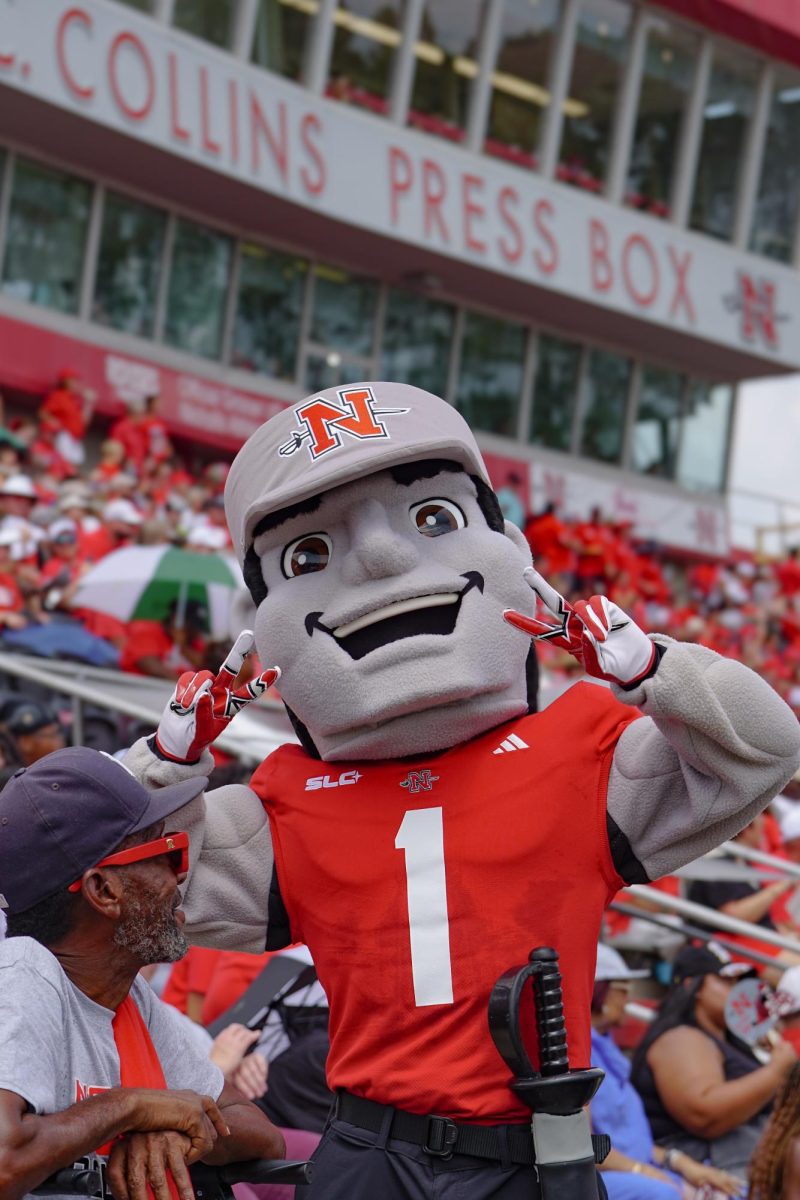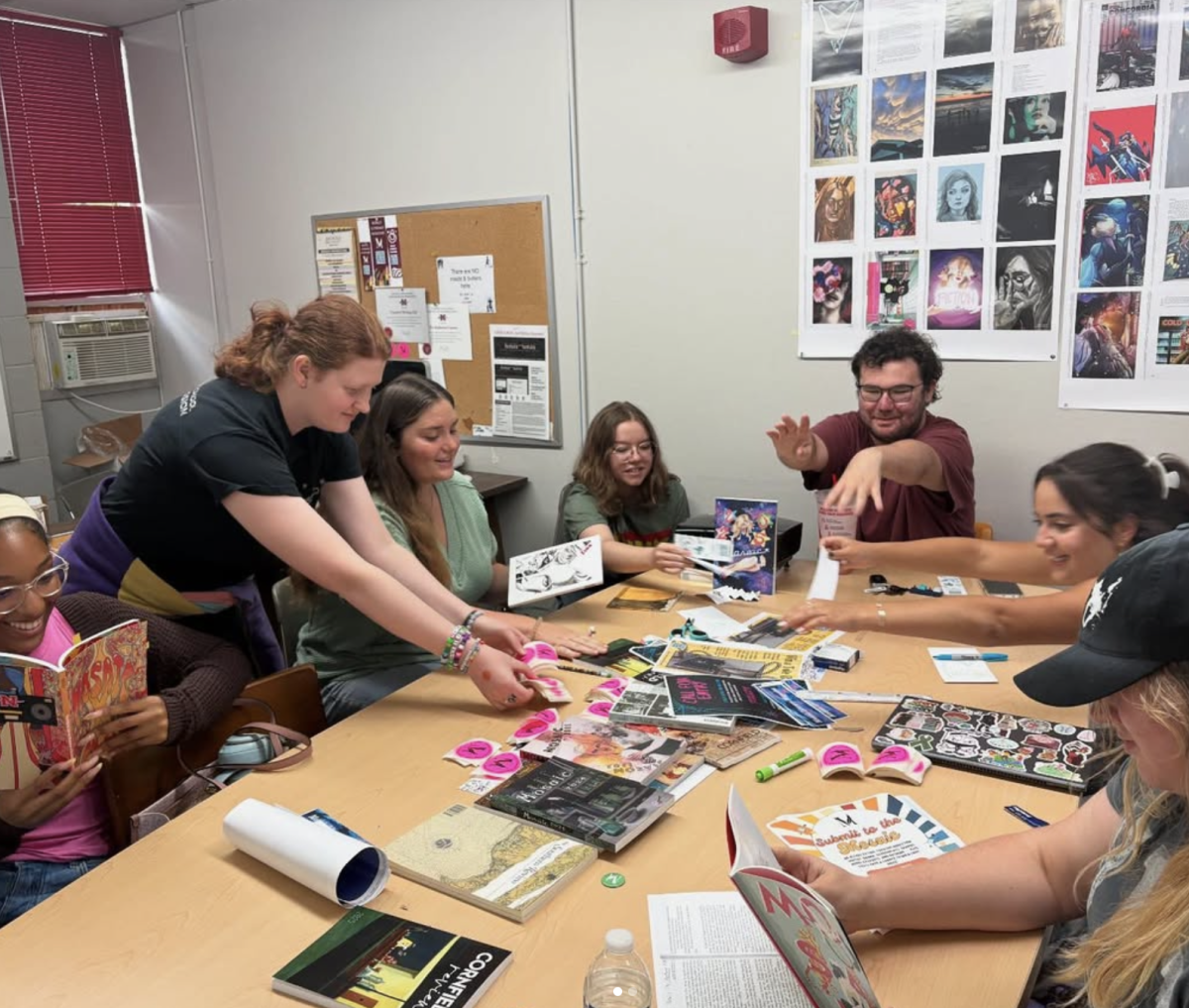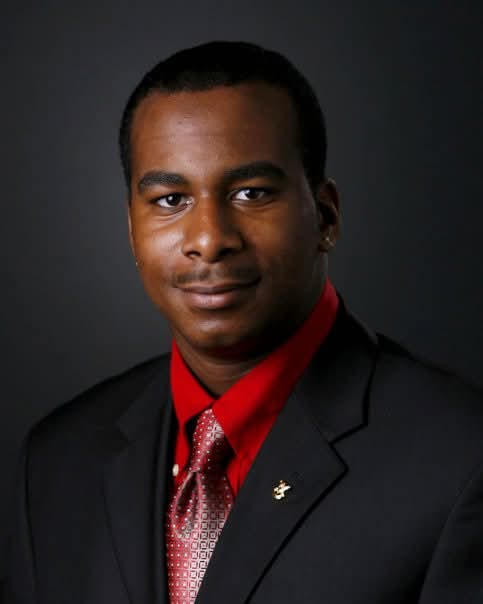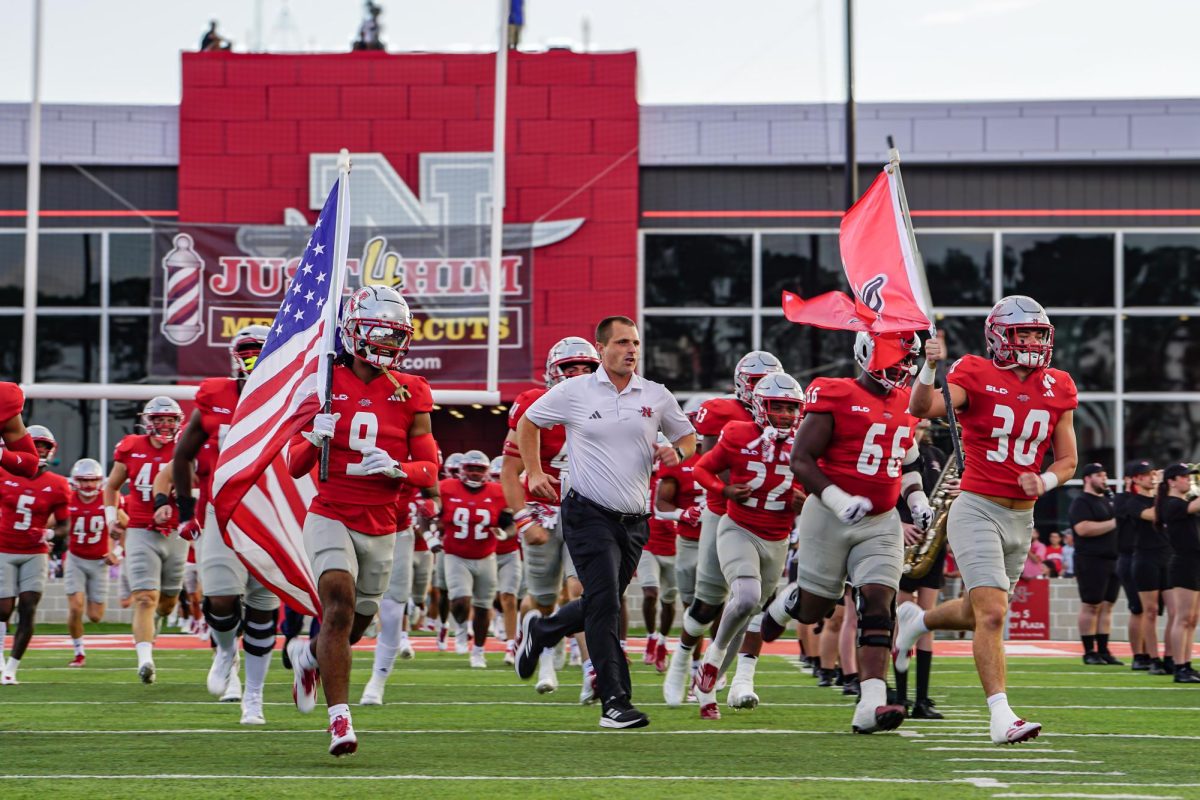The University is currently playing host to sugar industry members from over 30 countries as they visit Thibodaux in June and July for the Nicholls State University Cane Sugar Refiner’s and Raw Cane Sugar Manufacturer’s Institute.
The idea of a sugar institute came in the late 1970s when the refinery manager of Supreme Sugars, Joe Harrison, suggested the concept to the head of agriculture at the time, Dr. Carroll Falcon, director and former University agriculture professor Doctor Robert Falgout said. A committee for the program was established and the first refined sugar institute was held in 1978.
“Because of my job as a sugar professor, naturally, being director just fell right into my lap,” Falgout says. “It’s my baby.”
The first students, who came from places such as Peru and Jamaica, loved the institute so much that it prompted requests for an institute on the beginning stages of sugar production as well and seven years later the raw sugar institute was born, Falgout said.
Both of the institutes, which run from 8 am to 5 pm for two weeks in June and July, follow the same basic format. The two programs begin with an introduction and orientation by Falgout, followed by in-depth day-long discussions conducted by expert instructors on various topics in each area of sugar production. Most of the instructors are United States natives, but Falgout explains even one man from England will be flying in this year to teach a course on centrifugals.
At the raw cane sugar institute, held June 20 through the 30, students discussed topics such as cane as a raw material, preparation and milling, crystallization, centrifugals and basic instrumentation of devices used during the manufacturing process. Students also visited the U.S.D.A. Sugarcane Field Station in Houma, John Deere in Thibodaux, and Honiron and Enterprise Sugar Factory in Jeanerette to get a feel for the machinery used and the process itself.
July 18 through the 29 will be a crash course in all aspects of the refining process. Day-long lectures will include topics such as high and low grade crystallization, storage of granulated and liquid sugar and marketing the commodity. Students will take field trips to the same companies visited in June during the raw sugar institute.
Facilitating global sugar education is no easy task, Falgout explains, but it is a very rewarding experience. No matter where his students are in the world, he knows the institutes have been instrumental in helping them excel at their jobs.
“I always tell people ‘ the road to success in the sugar industry in the world leads through Thibodaux.'”


